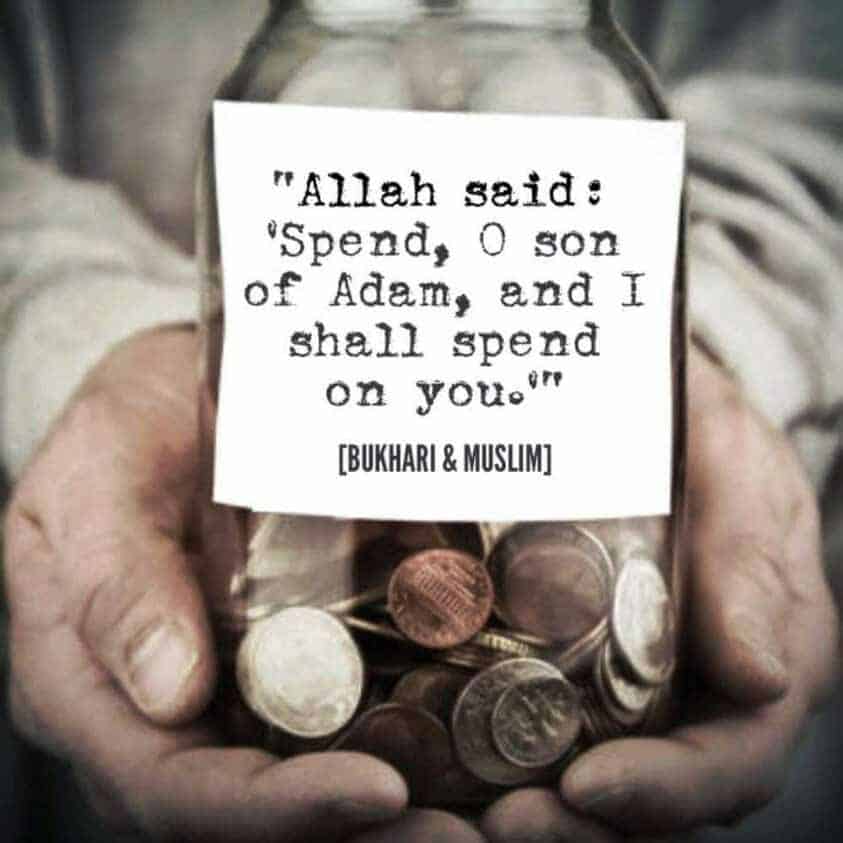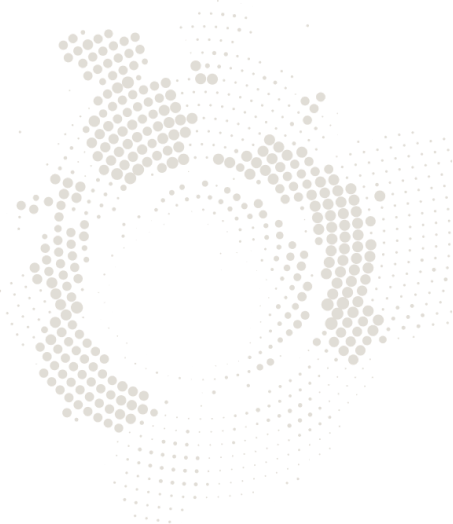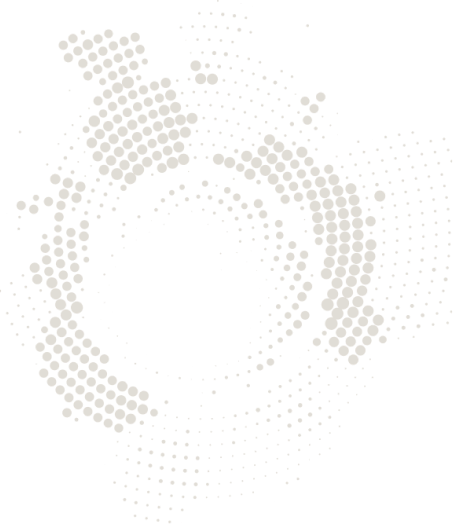Sadaqah
“The upper hand is better than the lower hand.”
The Prophet Muhammad (peace be upon him) said, "Charity does not decrease wealth. No one forgives another except that Allah increases his honor, and no one humbles himself for the sake of Allah except that Allah raises his status" (Sahih Muslim). This hadith emphasizes that giving Sadaqah brings spiritual and material blessings, countering any fear of loss. Another hadith states
"The believer’s shade on the Day of Resurrection will be his charity" (Tirmidhi), underscoring the protective and rewarding aspects of Sadaqah. Uses of Sadaqah include providing for the poor and needy, funding education and healthcare, and supporting community development projects, all aimed at promoting social justice and harmony. Through these acts, Sadaqah not only addresses immediate needs but also contributes to long-term societal improvement, embodying the principles of compassion and generosity in Islam.


What are the benefits of giving
Sadaqah ?


